The Time Machine (2002)
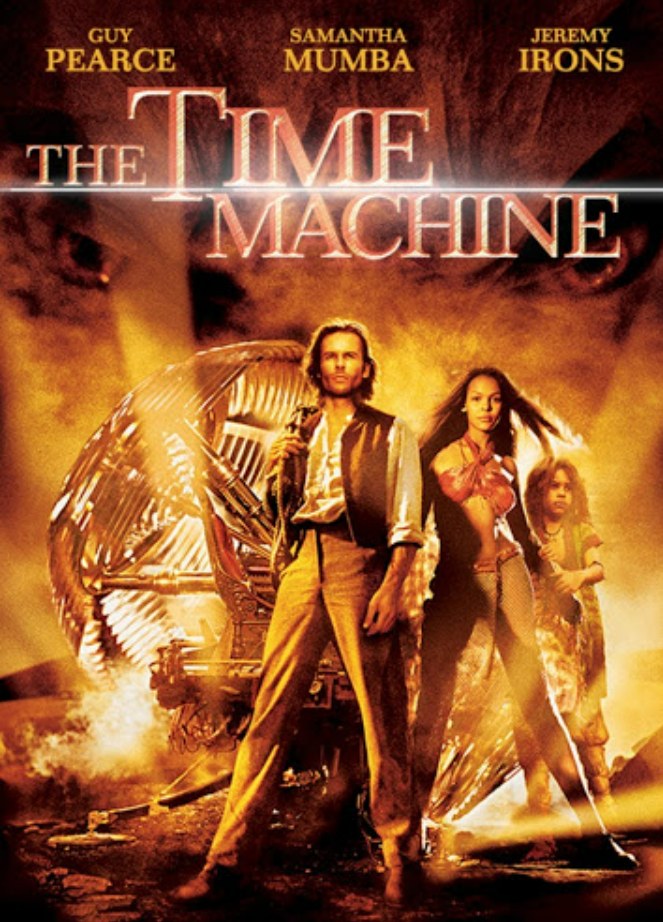
“The Time Machine,” directed by Simon Wells, is a science fiction film based on H.G. Wells’ classic novel. The story follows Dr. Alexander Hartdegen, a brilliant scientist and inventor living in 1899 New York. Driven by the tragic loss of his fiancée, Emma, Alexander becomes obsessed with the idea of time travel, believing he can change the past and save her.
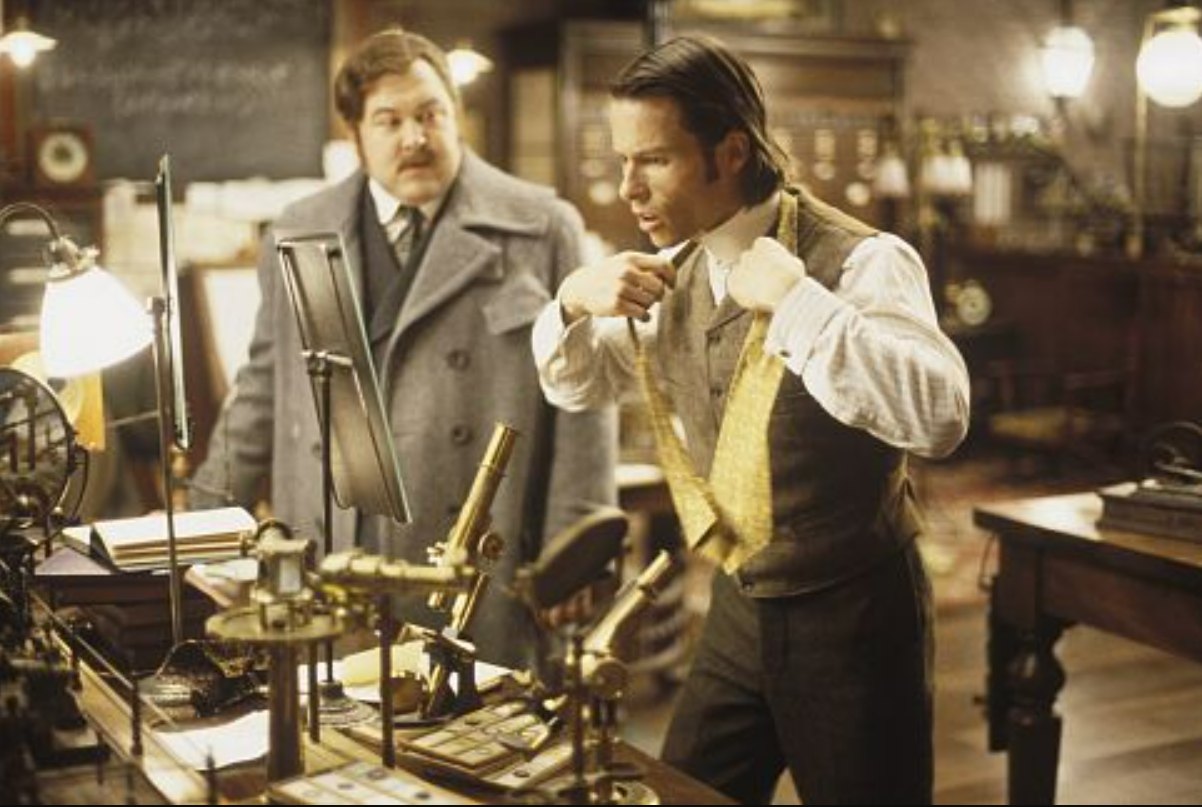
After four years of relentless work, Alexander successfully builds a time machine and travels back to the moment of Emma’s death, only to find that he cannot prevent her fate—every attempt leads to her death in different ways. Frustrated and seeking answers, he propels himself into the distant future, arriving in the year 2030, and then accidentally jumps further ahead to the year 802,701.
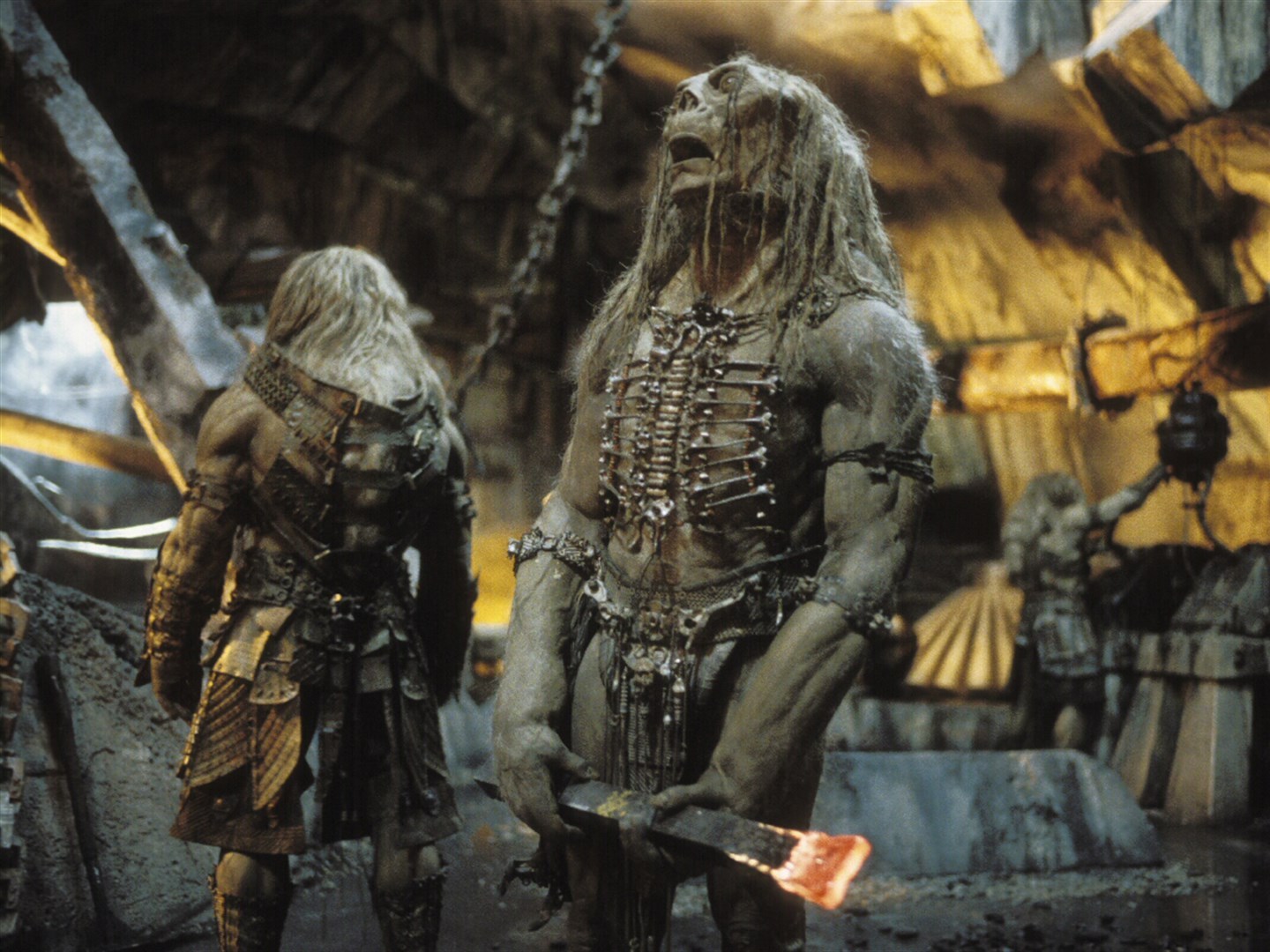
In this far future, Alexander discovers a radically changed world. Humanity has evolved into two distinct species: the Eloi, who live a peaceful but primitive existence on the surface, and the Morlocks, who dwell underground and prey on the Eloi. Alexander befriends Mara, a kind Eloi woman, and learns about their way of life. He soon uncovers the terrifying truth about the Morlocks, led by the Uber-Morlock, an advanced and malevolent being who controls the subterranean species.
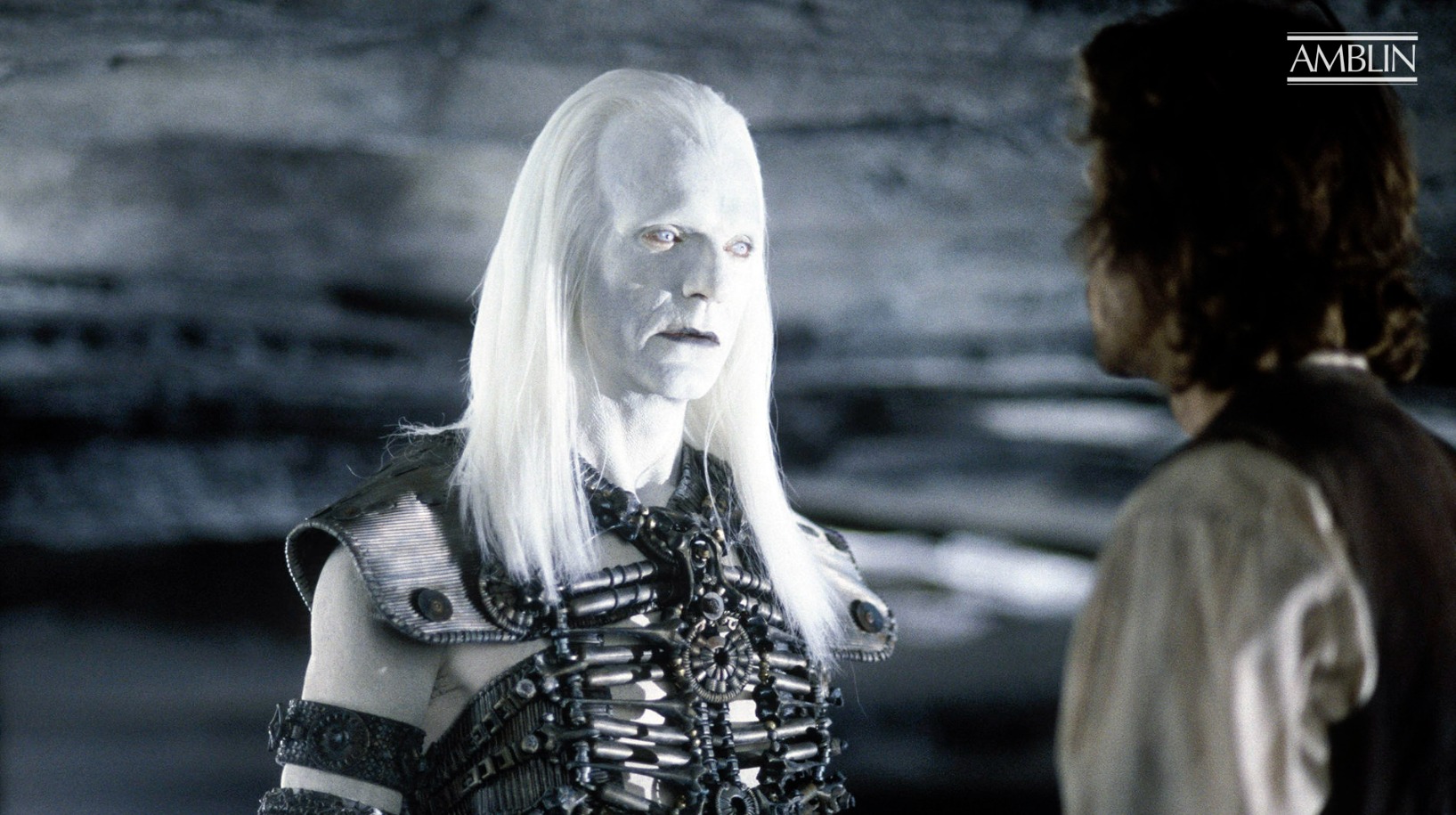
Determined to protect the Eloi and end the Morlocks’ reign of terror, Alexander engages in a fierce struggle against the Uber-Morlock. Using his ingenuity and the power of the time machine, he ultimately destroys the Morlock lair, liberating the Eloi from their oppressors.
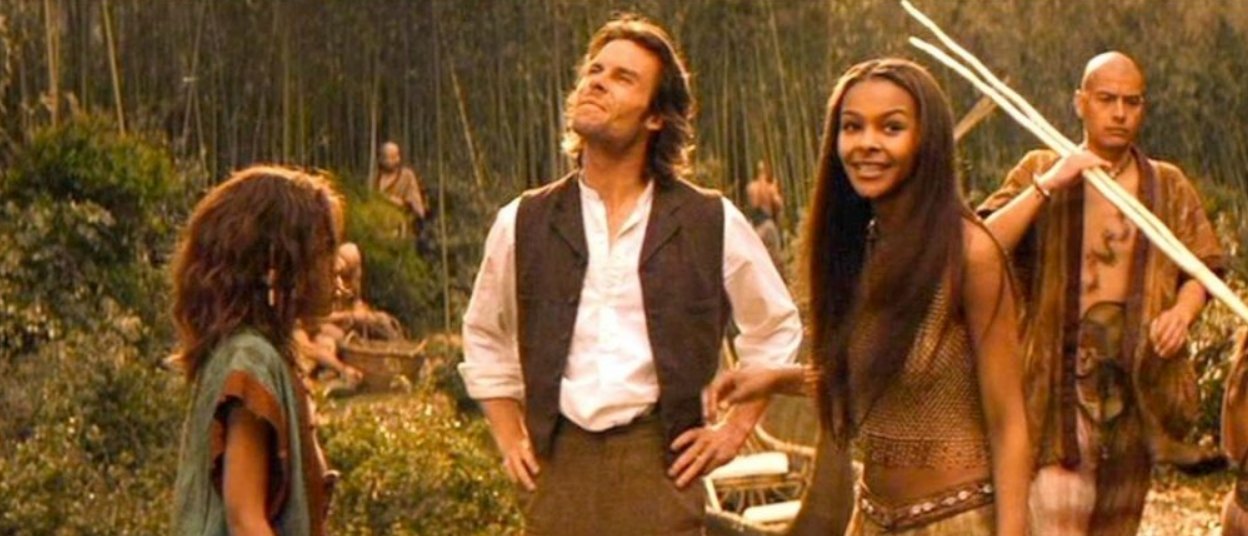
Realizing he cannot change the past but can shape the future, Alexander decides to stay in this future world and help rebuild society. “The Time Machine” explores themes of love, loss, and the inexorable flow of time, blending adventure with a poignant reflection on humanity’s potential and the consequences of technological advancement.











